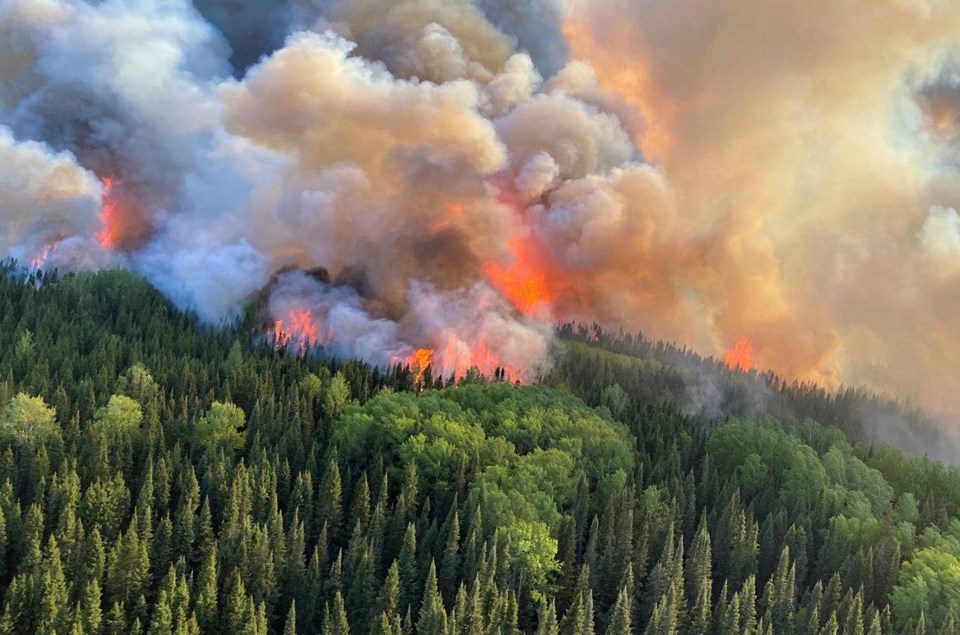Kirkland Lake council members have agreed to participate in an air quality monitoring pilot project.
At the town’s regular council meeting on Tuesday (Aug. 15), members agreed to be one of the sites in the Timiskaming Health Unit (THU) region offering an air quality monitor.
CAO Alan Smith said the health unit asked the Minister of Environment, Conservation and Parks David Piccini to install traditional National Air Pollution Surveillance (NAPS) air quality monitoring stations within the THU catchment area.
The request was made due to the recent smoke from Quebec, Ontario and western Canada wildfires, which has identified a significant gap in monitoring stations in Northern Ontario.
“The wildfires are becoming more prevalent with climate change playing an increasing role in this and this is impacting people’s health,” Smith said.
The health unit has 10 PurpleAir monitors available.
“The THU is partnering with the Meteorological Services of Canada, which is part of the Environmental and Climate Change Canada, using these PurpleAir monitors which can be used to assess local air quality data. These monitors measure particulate matter which is a pollutant associated with forest fire smoke events,” Smith said.
“PurpleAir sensors will be provided free of charge. The only cost will be an installation, which would be mostly staff time.”
Installation takes about 30 minutes, according to the THU. Smith said they are considering placing the sensor on the roof of town hall because Wi-Fi and power are readily available. Council unanimously agreed to participate in the pilot.
The neighbouring Porcupine Health Unit (PHU), which covers the Timmins area and includes communities along Highway 11 and extends north up to Moosonee, is also looking to install monitoring stations.
This week, Kapuskasing council received information on monitors from the PHU.
In a letter to Piccini in July, the PHU said the implementation of the monitoring stations is crucial to ensure the health and well-being of residents in the region.
“Unfortunately, the PHU region currently lacks the necessary infrastructure for comprehensive air quality monitoring. This deficiency prevents accurate assessment of poor air quality exposure and potential health risks faced by PHU communities, thus limiting data-informed and community specific recommendations for community members, especially those at higher risk of negative health impacts,” they wrote.
“As the largest geographical health unit in the province, covering over 274,000 square kilometres, sharing lands with 11 distinct First Nation communities, poor air quality due to forest fire smoke is not new however is an increasing concern and we need access to the appropriate information to respond to these emergencies.”
Kirkland Lake council's entire meeting can be watched below:





